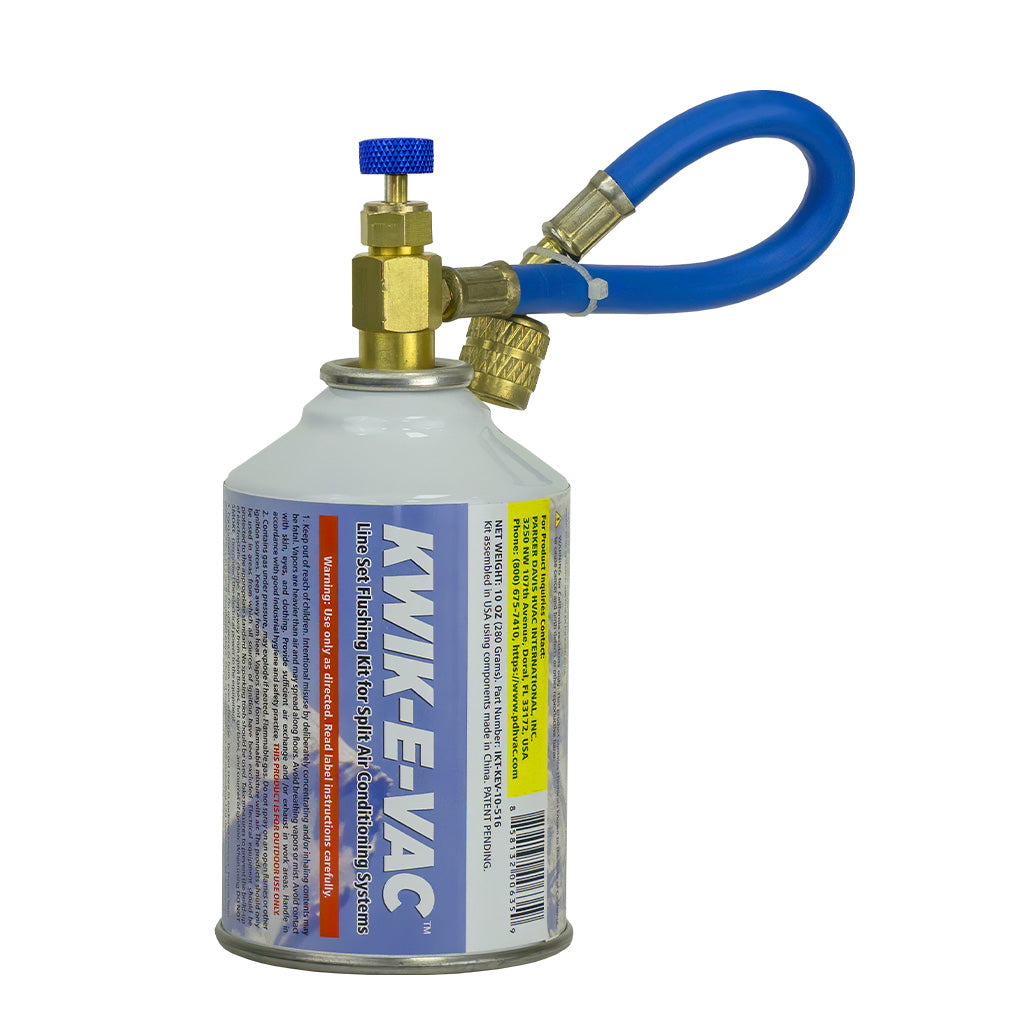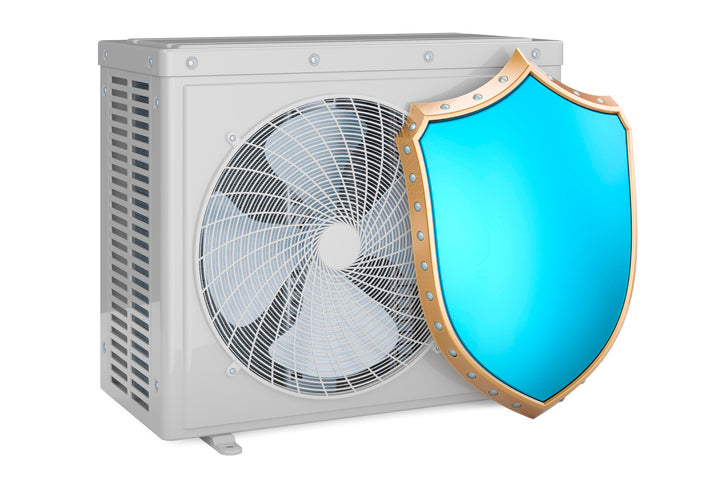The Impact of Building Codes & Regulations on HVAC Systems

Understanding the intricate relationship between building codes, regulations, and HVAC systems can influence property management strategies, to say the least. For property owners, navigating these rules is essential to ensure HVAC installations are efficient, legal, and optimal for long-term use.
Building codes and regulations often determine the framework for how HVAC systems should be implemented in both residential and commercial properties. Codes and regulations differ across communities, but they also share many similarities.
While not a comprehensive account, here are a few insights on the impact of building codes and regulations on HVAC systems to help you stick to the best practices in the industry.
Understanding Building Codes for HVAC Systems
Building codes are designed to ensure safety, health, and sustainability in building operations. That goes for HVAC systems as well. These codes set parameters on system performance, energy efficiency, and environmental impact. Compliance is not merely a legal obligation but also a pathway to achieving optimal functionality and longevity of both the systems and property.
For property owners, understanding these mandates means the difference between seamless HVAC operations and potential legal liabilities. As mentioned, local building codes often vary by region and can be subject to frequent updates, so it’s vital to stay on top of them.
The Role of Regulations in HVAC Efficiency
Regulations surrounding HVAC systems typically center on enhancing energy efficiency and reducing environmental damage. They dictate how systems should be designed, installed, and operated to meet predefined standards of eco-friendliness and energy conservation.
For instance, high-efficiency options such as multi-zone heat pump systems are often favored because you can tailor them to meet regulatory requirements, and they offer superior control over indoor climates. These systems enable property owners to manage different zones in a building independently, which aligns well with the modern regulatory emphasis on energy conservation and operational efficiency.
Enhancing System Performance Through Compliance
Adhering to building codes and regulations is not just about avoiding penalties. It’s also about optimizing the performance of HVAC systems, which can pay off in more ways than one. When systems are designed and installed in compliance with these standards, they are more likely to operate efficiently, deliver consistent comfort, and incur lower maintenance costs.
A compliant system is inherently more reliable and can result in significant energy savings. For property owners, understanding and implementing these compliance measures leads to better energy management and reduced utility bills, making it a financially sound investment.
Innovations in HVAC Systems and Regulatory Adaptations
Technology is always advancing. HVAC systems have improved through the years, offering greater efficiency and increased energy savings. Innovations like multi-room mini split systems, for example, respond to the growing need for flexible and efficient climate control solutions that cater to individual room and zone requirements while adhering to regulatory standards.
These systems exemplify how technology can meet and even exceed regulatory demands, offering property owners the advantage of cutting-edge solutions that align with legal and environmental expectations. Staying abreast of these innovations and understanding their regulatory implications offers a strategic advantage in property management.
The Influence of Building Codes on System Design
Building codes significantly influence HVAC system design, dictating factors such as ductwork configuration, insulation standards, and equipment specifications. These codes ensure systems can handle the building’s heating and cooling loads while minimizing energy waste.
Property owners must work closely with HVAC professionals who are well-versed in local codes and can design systems that maximize efficiency and compliance. This collaborative approach ensures code adherence and optimizes the overall design to enhance system performance and occupant comfort. Following regulations also reduces the likelihood of needing to repair or replace a noncompliant design.
Navigating Permits and Inspections for HVAC Installations
Obtaining permits and passing inspections is a critical phase in HVAC system installation. Once again, procedural requirements are there to ensure things are done correctly, specifying that installations meet relevant codes and safety standards.
Likewise, understanding which permits are required for HVAC installations and preparing for inspections streamlines the process and mitigates or eliminates delays. Be proactive in coordinating with contractors to complete all paperwork and address potential compliance issues before inspections.
Simplifying Compliance With Expert Guidance
Navigating the complex landscape of building codes and regulations can be challenging, but expert guidance simplifies the process. Experienced HVAC professionals can tell you whether your system is compliant and how you can optimize its performance.
A professional can also provide valuable insights into the latest regulatory changes, make recommendations for system upgrades, and check that your system meets standards. For property owners, leveraging this expertise is a strategic move to guarantee the functionality and long-term sustainability of HVAC systems. Aside from the HVAC professional, you can also contact your local government with specific regulation questions.
The Future of HVAC Regulations
The future of HVAC regulations is likely to be shaped by ongoing technological advancements and a growing emphasis on sustainability. Property owners should anticipate stricter standards for energy efficiency and environmental impact, necessitating updates and adaptations in their HVAC systems.
Staying informed about potential regulatory changes may seem like overkill, but it’s a huge advantage for property owners who wish to remain compliant and thus competitive. Engaging with industry experts online and participating in public forums can provide valuable insights into upcoming trends and regulations.
Strategies for Keeping Up With Changing HVAC Regulations
Adapting to the evolving landscape of HVAC regulations requires proactive strategies. One of the most effective approaches is to establish a routine audit process, evaluating your property’s current systems against the latest regulatory requirements. An audit can identify areas in need of upgrades or adjustments, sometimes well in advance of any regulatory changes.
Likewise, leveraging technological tools grants real-time insights into system performance and energy usage, helping you make informed decisions. Conduct periodic energy audits and see if your property is energy efficient. Collaborating with industry professionals and attending workshops or seminars on regulations, compliance, and advances in HVAC technology should also be a best practice. These events offer up-to-date information and innovative solutions you can take back to your property.
Those are a few (well, maybe more than a few!) of our thoughts on the impact of building codes and regulations on HVAC systems. Building codes and regulations are an inevitable and necessary part of shaping the design, installation, and operation of HVAC systems on a property. Understanding and complying with these standards is essential for optimizing system performance and ensuring long-term sustainability.
A big part of compliance involves choosing the right equipment. Contact us for a consultation on materials, parts, and systems that meet your local codes and regulations. Incorporating advanced solutions, like a multi-zone heat pump system, is a strategic way to achieve compliance while enhancing comfort and efficiency. Get in touch—we look forward to speaking with you!








